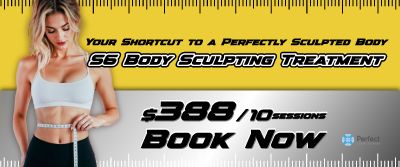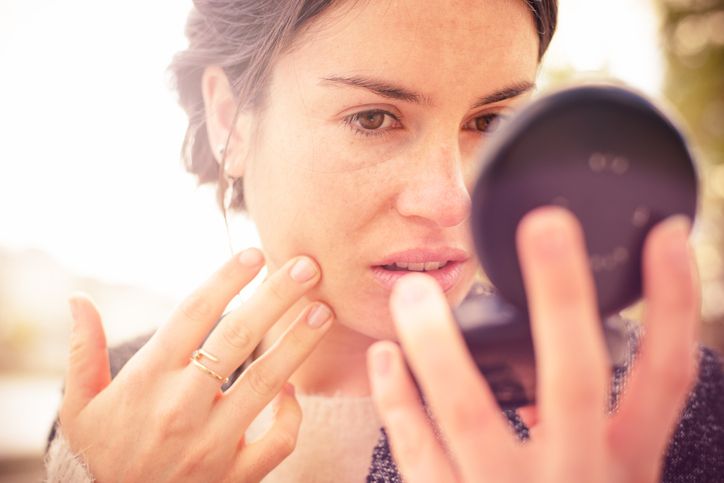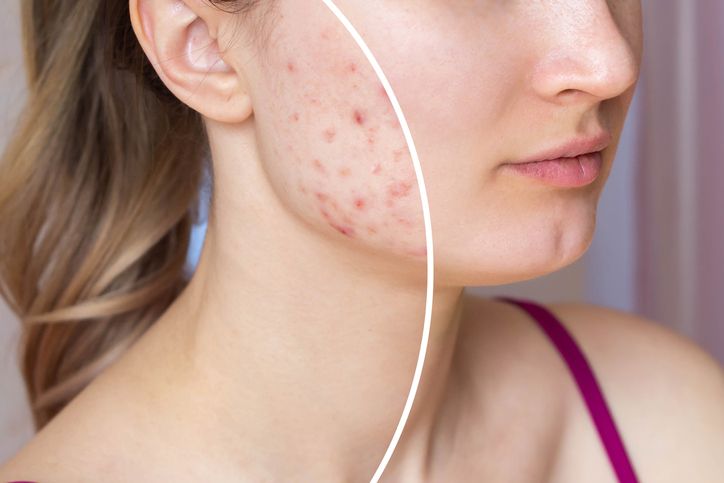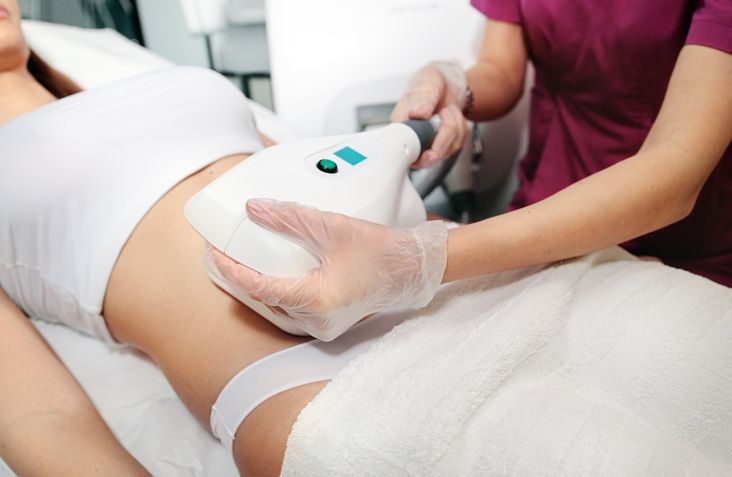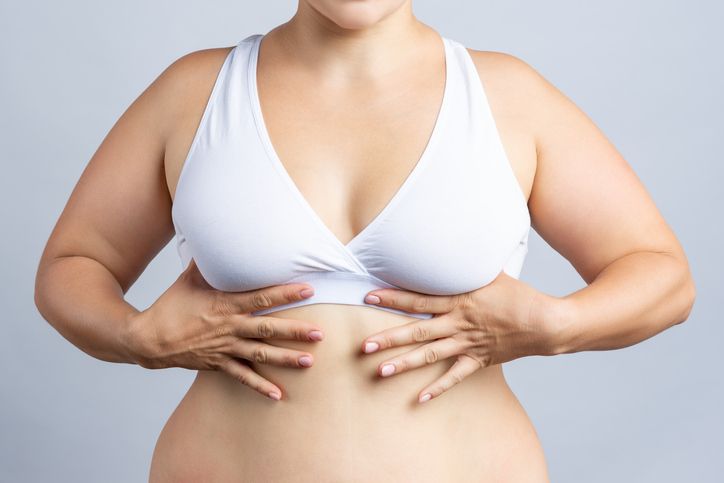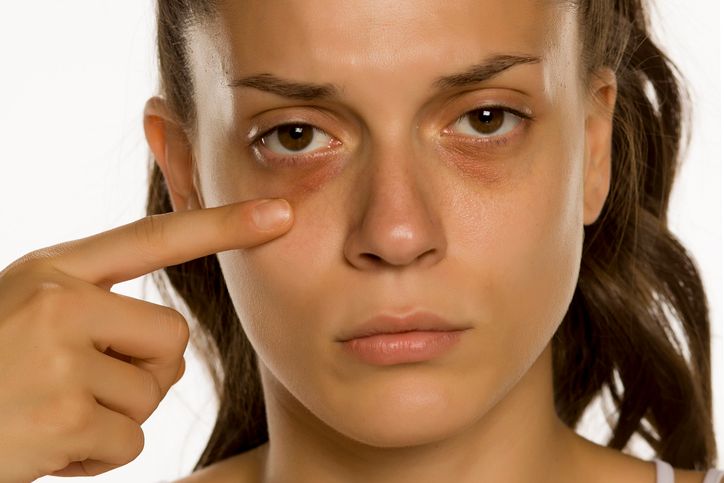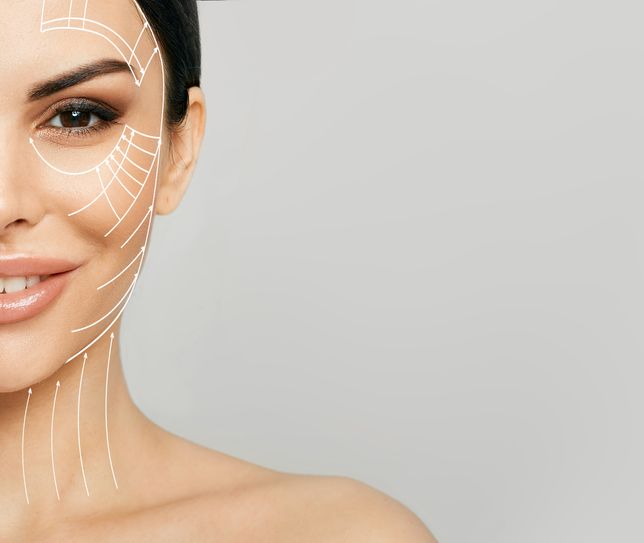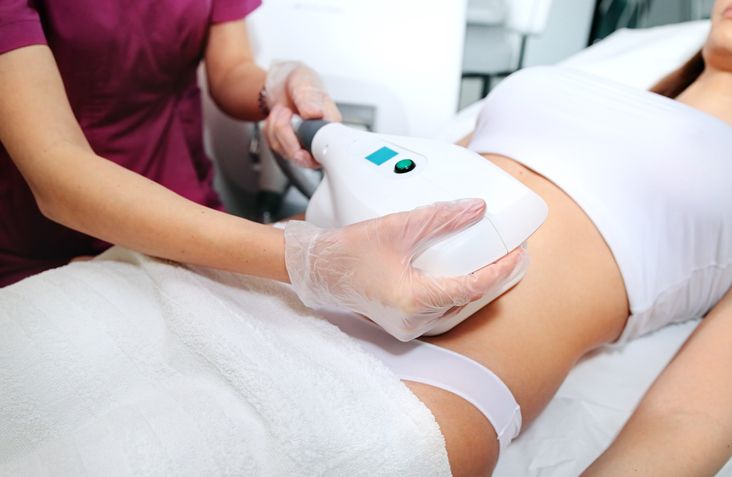
Book Now to Experience
S6 Body Sculpting Treatment
1 Minute Self-Registration
Date should not be before minimal date
Author: Leila Tan|Updated: 4 June 2024
When it comes to getting rid of excess fat, a lot of people believe that the "magic number" of calories to consume is 1,000. Even though reducing calorie intake can result in losing weight, it is still important to make sure your body is getting the vitamins and nutrients it needs even if you are consuming less calories. However, would a daily caloric intake of 1000 be sufficient to meet the requirements of your body?

1
Weight Loss 1000 Calories A Day...How Did This Start?
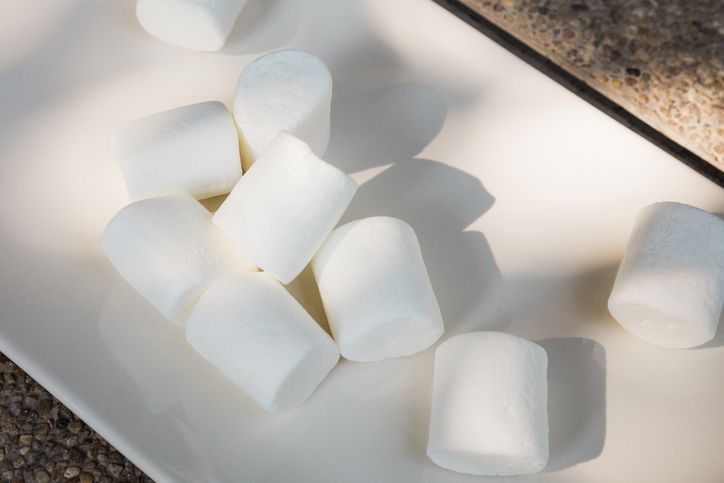
To lose weight, diet newcomers must create a calorie deficit. This entails burning more calories than you consume, forcing your body to use fat as fuel. The 2,000-calorie-a-day figure first appeared in the US Recommended Daily Allowances (RDA) in 1968. This standard was created as a reference point to assist people of all ages and genders in maintaining a healthy diet and lifestyle. However, the global obesity problem and changes in our food industry have resulted in a stricter guideline for our daily calorie consumption, which is to practise very low calorie diets by limiting your calorie intake to a maximum of 1000 per day.
A 1,000 calorie diet is a weight loss programme in which you limit your daily caloric intake to 1,000 calories. This weight loss strategy is typically used in conjunction with other weight loss strategies such as exercise and healthy eating habits. The idea behind this very low calorie diet is that by restricting your caloric intake to a certain level, your body will be forced to use more energy than it takes in, resulting in weight loss. The main advantage of this diet plan is that it can help you lose weight quickly because it forces your body to burn fat reserves for energy.


2
The Basics of Taking 1,000 Calories A Day
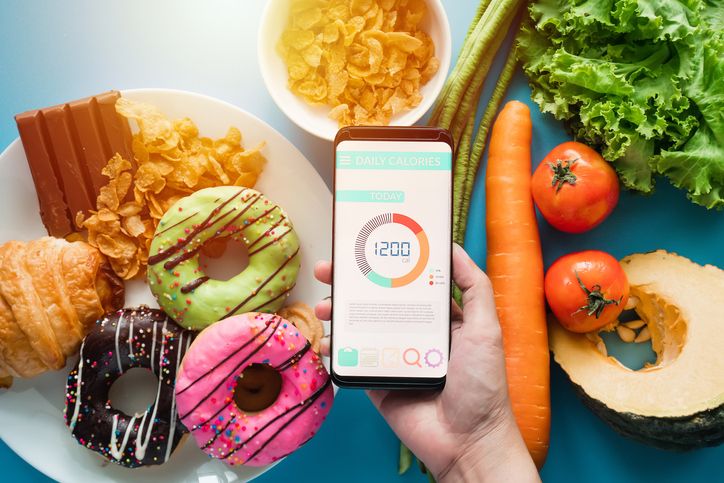
When planning a 1,000 calorie diet, it’s important to make sure you are consuming the right amount and type of foods for optimal health. Below are a few basics you should remember if you ever consider trying these very low calorie diets:
Remember the average calories of an individual per day.
Adults should consume between 1600 and 2000 calories per day, but this plan recommends only 800 to 1000 calories per day, all of which should come from healthy foods such as fruits, vegetables, lean proteins, and whole grains. Estimate your daily caloric needs by subtracting your basal metabolic rate from your weight, which is the number of calories your body uses at rest. Then, depending on your level of physical exertion, you'll need to make some adjustments.
You need to count every calorie you consume.
One of the most effective means of maintaining a healthy weight is to lead an active lifestyle and to keep a food and activity diary. If you're following a strict diet like this "1000 calorie diet," you should find an app or some other way to track your daily food consumption and general progress, since doing the maths yourself could be a pain. Log everything you eat and do, whether it's a workout at the gym, a stroll around the block, chasing after the kids, or anything else.
It is initially meant to treat certain patients that have trouble losing weight.
Technically, a 1,000 calorie diet is a type of medical treatment in which a patient consumes 800 calories or less per day while under medical supervision. These devices may be useful for people with type 2 diabetes, those preparing for surgery, or those hoping to conceive. As a result, before beginning a low-calorie diet, seek the advice of a nutritionist or a doctor.

3
What Should the 1000 Calorie Diet Meal Plan Include?

When following a diet of 1,000 calories per day, preparation is the most important thing. If you want to get the most out of a diet plan that consists of 1,000 calories, you need to create a meal plan that combines the appropriate number of calories with the foods that are the most nutritious, while also maintaining certain essential nutrients. Food might not be enough to provide your body with all of the nutrients it needs if you have significantly fewer calories, so mineral supplements are one way to help ensure that you are getting the full nutritional benefit from the foods you eat.
Protein-rich foods, particularly lean protein like white-fleshed fish, should be a staple in your diet plan if you want your body to be able to produce its own form of energy. In addition to that, you should make sure that your diet includes minerals and fibre on a daily basis. Because low-calorie foods can leave you feeling hungry and unsatisfied all day, which can lead to food cravings and overeating, you should choose options that will keep you feeling fuller for longer. Fibre plays a significant role in this regard; therefore, you should try incorporating non-starchy vegetables into your low-calorie diet.
When you are trying to reduce the number of calories you consume, water is an additional component that is essential (and it's free!). Unlike sugary drinks or energy drinks, water is the only beverage that does not make you gain weight, helps you stay hydrated, and does not contain any calories. If you are one of those individuals who claims that they do not enjoy the taste, all you need to do is continue drinking it, and you will quickly become accustomed to it.


4
What to Avoid During a 1000 Calorie Diet?

A 1000 calorie diet is not necessarily low calorie, but rather low enough to maintain a healthy weight. As such, there are numerous foods that should be avoided while on this type of calorie restrictive diet. Eating too many processed snacks and high-calorie beverages can quickly negate any weight loss goals. Fast food meals should also be avoided as they are definitely not calorie free, may contain hidden fats and calories, which can cause weight gain if eaten in excess over time.
Remember that if you're trying to stay healthy on a 1000 calorie diet, it's essential to stay away from foods that are low in nutrient density. These include refined carbs such as white breads, pastas, cereals and crackers as well as sweet snacks like cakes, cookies and candy bars. Furthermore, processed meats such as hot dogs, bacon and sausage should also be eliminated since they are typically high in sodium and saturated fat, and avoiding animal fat oil is also recommended.
Finally, it is important to avoid carbonated beverages, especially alcohol while adhering to a 1000 calorie diet plan since alcohol is full of empty calories. One 12 oz beer has approximately 150 calories which can quickly add up if consumed multiple times throughout the day. Additionally, alcoholic beverages can interfere with nutrients absorption and slow down weight loss efforts when trying to reach a specific goal weight within a certain timeframe.

Book Now to Experience
S6 Body Sculpting Treatment
1 Minute Self-Registration
Date should not be before minimal date

5
Downsides of a 1000 Calorie Diet

A diet of merely 1,000 calories per day is not sustainable in the long run. Permanent weight loss is only possible with adjustments to one's lifestyle, such as beginning an exercise routine and selecting healthier menu options. If you severely reduce your caloric intake by practising a low calorie diet, you risk missing certain vital nutrients intake, possibility of getting nutrient deficiency, and even losing muscle mass, which may be harder for you to lose weight since you no longer have sufficient energy. This makes it more challenging to lose weight as you might be jeopardising your body functions, even the immune system. Below are some of the most important reasons why you shouldn't perform them often or at all:
The side effects can be critical.
For 4 to 16 weeks, people on a very low-calorie diet report moderate side symptoms such as fatigue, constipation, nausea, and diarrhoea. These symptoms normally recover after a few weeks and seldom prevent people from finishing the program, but you may encounter other troubles in your body, with gallstones being the most prevalent significant side effect of rapid and significant weight loss. When the body is deprived of calories, it begins to break down fat for energy. The liver then secretes more cholesterol, which, when mixed with bile, can result in the formation of gallstones.
To be healthy, you must consume a variety of meals from several food groups. It's difficult to eat well and feel pleased on a low-calorie diet. Furthermore, taking as low as 800 calories per day may not provide you with the energy you require for everyday living and frequent physical exercise, particularly if you consume the same meals every day.
Your eating habit might change permanently.
It is important for individuals to be aware that their eating habits may take a turn after they opt for very low calorie diets like this. You may be delighted when you lose weight, but this happiness may not last long. The other name of the 1000 calorie diet, which is crash diet, includes abruptly cutting calorie intake to between 800-1,200 calories per day, which may result in persistent hunger pangs, perhaps leading to overeating.
Finally, this can result in the phenomena known as "Yo-Yo dieting," in which dieters cycle between losing and regaining weight as they start and finish different diets, and this occurs owing to a survival mechanism in the human body known as adaptive thermogenesis.
It may hinder your weight loss process as your metabolism slows down.
According to a study that was published in The Cureus Journal of Medical Science, going on a crash diet can cause more harm than good, as the weight that you lose on a diet of 1000 calories is probably made up of lean muscle and water rather than body fat.
A food plan like this one can modify particular metabolic pathways within the body in addition to the previously mentioned benefits. They can, for instance, cause changes in hunger-related hormones like ghrelin and cortisol, both of which are produced by the pituitary gland. At the end of the day, all that you want is to just lose more weight, but you might harvest nutrient deficiencies as well as metabolic syndrome instead.


6
The Bottom Line

A calorie deficit of 1000 calories per day can result in rapid weight loss, however this diet is difficult to stick to (some may not even make it for more than a week) and can have unpleasant side effects. As a result, a 1000 calorie diet is not a sustainable long-term weight-management strategy.
Long-term weight loss will necessitate further effort, such as increasing your exercise level or making more lasting modifications to your diet. So, if you want to lose weight safely, you might want to consider...
Move yourself away from the couch to burn calories.
Regular exercise gives a vast array of benefits for the body and mind, regardless of the degree of the activity, be it a simple exercise, such as going for a stroll, or a high intensity activity, such as uphill cycling or weightlifting. Daily physical activity of any degree is vital for preventing a variety of diseases and other health problems, but do not try to overdo it when you are on a diet plan with low calorie food, as consuming calories at such a low level will cause you to actively strive to preserve energy, which will reduce the likelihood that you will move and exercise, both of which will become more difficult and may even be dangerous for you. So, here's 2 simple exercise you can do at home:
Squats : Squats are an excellent bodyweight workout that can help you lose fat and tone your body. They work the glutes, quadriceps, hamstrings, and calves while also exercising your core and improving your balance.
1. Begin a squat with your feet shoulder width apart and your toes pointed forwards. 2. Slowly lower yourself as if you were sitting on a chair, keeping your back in its natural alignment. Throughout the action, keep your weight on your heels and your chest high. 3. Hold for one second at the bottom of the squat (when your hips are just below parallel with the ground) before pressing through your heels to stand back up. 4. Repeat 10-15 times for a total of three sets.
Push Ups: Push ups are a great bodyweight workout that can help to enhance body strength while also helping to lose body fat. This exercise works on all main upper-body muscles, including the chest, shoulders, triceps, and core. Push ups require good form, so be sure to get the posture right:
1. Start in a plank posture with hands slightly wider than shoulder width apart, feet together, and body in a straight line from head to toe. 2. Engage your core as you steadily lower yourself to the ground until your elbows reach a 90-degree angle or your triceps touch the floor (whichever comes first). 3. Push back up into starting posture by pushing through palms of hands. 4. Aim for three sets of 8-12 reps each; if this is too difficult at first, try performing them on your knees or against a wall for extra support until you have the strength to complete full push ups on your toes.

7
Or...Forget About Meal Plan and Diet with CoolShaping Fat Freezing Treatment!

Only you can decide how rapidly you want to lose weight. Either by eating healthy foods like skinless chicken or low fat milk for months, because calorie diet plans can take a long time to have a minimal effect, or by opting for the most effective fat-burning treatment ever developed, with no rebound: Perfect Laser Clinics' CoolShaping Fat Freezing Treatment.
The breakthrough cooling cryolipolysis technology is used in this treatment to freeze fat cells at temperatures ranging from -10oC to -15oC. Frozen fat cells are then naturally removed from the body via metabolic processes. After just one session, you can see results. If you're concerned that quick weight loss will result in cellulite and sagging skin, that's not the issue you will have to worry about with this treatment. Within 1 to 2 months of treatment, the subcutaneous fat layers will gradually shrink, giving the skin adequate time to adapt and keep its firmness.
Clinical studies demonstrate that by reducing the number of fat cells, cryolipolysis can reduce total fat volume by up to 27%. This treatment achieves the same fat removal results as liposuction without the hazards. Anaesthesia, surgery, or medication are not required, and it is appropriate for both men and women who desire to shed fat in a non-invasive, painless manner.


8
The Final Note

If you are sick and tired of trying a different calorie diet plan and you just want to be able to enjoy your high calorie foods without having to worry about the slimness of your body parts, it is time to set down your calorie counter and make an appointment as soon as possible!
FAQ
Is it true that not everyone can try the method of a 1000 calorie diet plan?
The metabolism slows as a result of the severe calorie restriction. Loss of metabolic rate leads to rapid weight gain as soon as more calories are consumed. Women with smaller frames may benefit from this eating plan, but due to the risk of muscle loss, it is generally not recommended for men.
How bad is the side effect if I have diabetes and tried this extreme diet for 1 month?
In most circumstances, 1,000 calories are not safe for diabetic people. Diabetics often consume 1,500-1,800 calories per day. A low-calorie meal plan can sometimes help manage diabetes, but only under physician supervision. As a result, you may have dizziness and exhaustion, and if your blood sugar drops too low, you may get hypoglycemia.
Can the treatment be as effective as trying a 1,000 calorie diet?
Diet and exercise are effective for overall weight loss, but not for targeting fat deposits in specific areas. Subcutaneous fat stubbornly clings to your upper arms, inner thighs, hips, and waist even after visceral fat has been reduced. The treatment is ideal for those who desire to modify their body's contours by reducing fat only in certain areas.
Where can I try the treatment?
There are two Perfect Laser Clinics locations, one in Melbourne and one in Sydney. If you are interested, an online booking for CoolShaping Fat Freezing Treatment only requires a minute of your time and some basic details.
Is the treatment safe?
Perfect Laser Clinics promises that all treatment equipment is genuine, certified by international agencies, safe to use, and skin-safe. Besides that, it has no rebound effect because it successfully reduces the number of your fat cells, so the treatment outcome is both pleasant and long-lasting.

Book Now to Experience
S6 Body Sculpting Treatment
1 Minute Self-Registration
Date should not be before minimal date
Recommended Articles
COPYRIGHT©Perfect Laser Clinics 2025 ALL RIGHTS RESERVED









